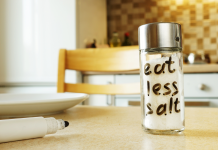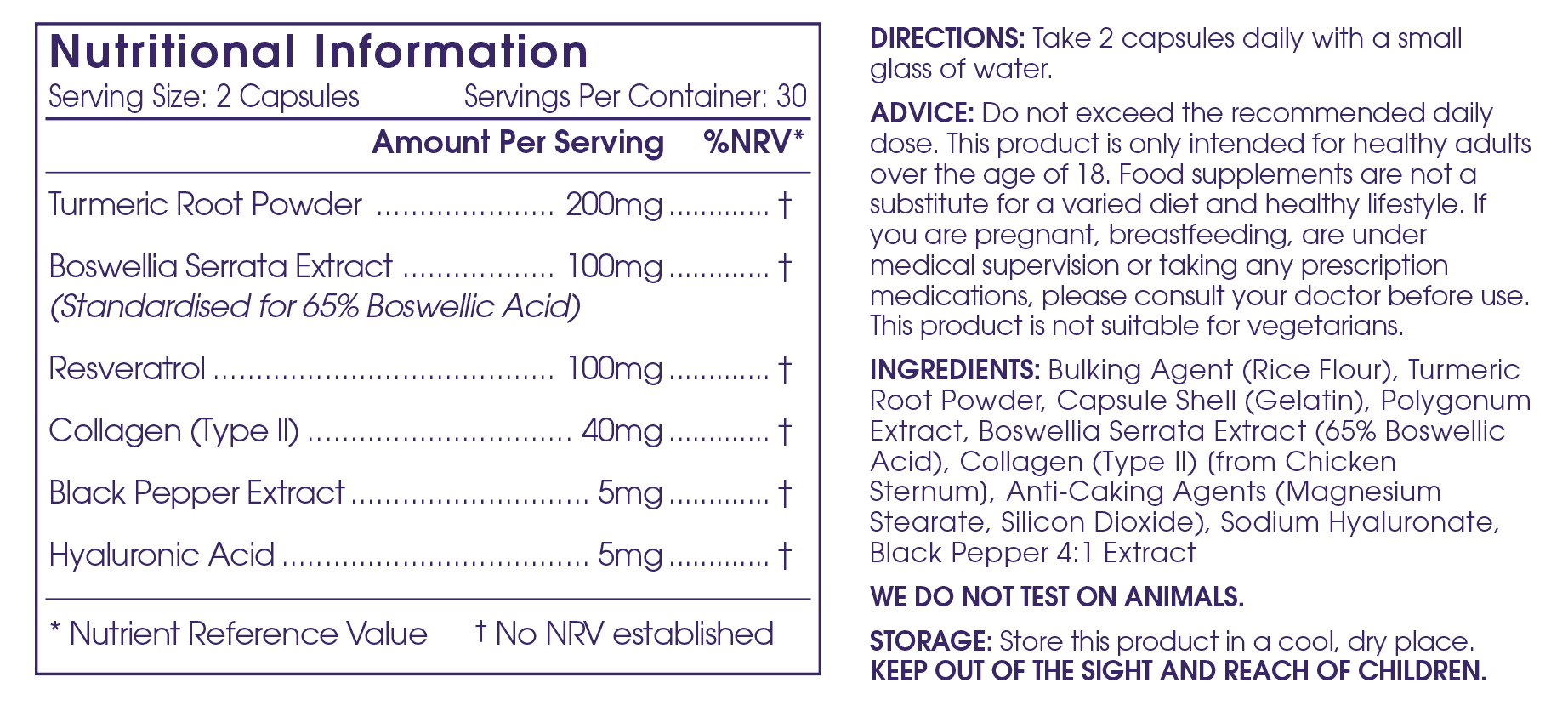Belching, passing gas, and bloating are normal occurrences in the lives of humans. However, some people experience these three bodily functions to the point that they interfere with their quality of life. Excessive belching, gas, and bloating are not only uncomfortable, but in certain situations, can be embarrassing, too. Thankfully, there are some simple lifestyle changes you can make to curb these unwelcome visitors. Before we get into our 10 ways to reduce belching, gas, and bloating, let’s review why these symptoms occur in the first place.
- What causes belching, gas, and bloating?
- How to reduce belching, bloating, and gas
- 1. Reduce the amount of gas-producing foods you eat
- 2. Eat and drink slowly
- 3. Drink before meals
- 4. Avoid artificial sweeteners
- 5. Reduce habits that increase the amount of air you swallow
- 6. Reduce greasy, fatty foods
- 7. Stay active
- 8. Sit up straight after eating
- 9. Decrease stress
- 10. Use natural herbs and spices
- A closer look at Turmeric
- The bottom line to reduce belching, gas, and bloating
What causes belching, gas, and bloating?
Gas in the digestive tract comes from two sources:
- The normal breakdown of foods by harmless bacteria that are naturally present in the large intestine.
- Excessively swallowing air, which can occur due to eating or drinking rapidly, chewing gum, smoking, anxiety, drinking carbonated beverages, or wearing loose dentures.
The gas in the digestive tract is released mainly through belching, but also flatulence. When the gas isn’t fully released through these outlets, it can build up in the stomach and intestines, leading to bloating.
How to reduce belching, bloating, and gas
While it’s impossible to eliminate all belching, gas, and bloating, you can greatly reduce their occurrence by applying the following tips:
1. Reduce the amount of gas-producing foods you eat
Many foods come with the unfortunate side effect of increased gas. Some foods that are commonly known to cause excessive gas include:
- Brussels sprouts
- Cabbage
- Cauliflower
- Mushrooms
- Onions
- Broccoli
- Bananas
- Legumes
- Whole grains
- Dairy
The above foods are healthy, so you don’t want to eliminate them completely. Keep a food journal for a week or two, keeping track of what you eat and when you feel gassy. If you determine that certain foods cause you excessive gas, you may want to eat smaller portions of them. Experiment with how much of a certain food you can handle without creating excess gas and discomfort.
2. Eat and drink slowly
When you’re hungry, it can be hard to stop yourself from eating and drinking quickly. This habit, however, can increase the amount of gas in your stomach and intestines because it causes you to swallow a lot of air. As such, it’s important to make a mindful effort to slow down when eating and drinking to reduce trapped gas. Also, be sure to chew your food well rather than gulping it down.

3. Drink before meals
If you drink liquids like water or juice with your meals, you reduce your stomach acids and can’t break down food as well. Instead, drink about 30 minutes before a meal to help your stomach digest more effectively and efficiently. If you’re struggling with belching, bloating, and gas, it’s also best to reduce or avoid carbonated beverages, such as soda, sparkling water, or beer.
4. Avoid artificial sweeteners
Artificial sweeteners such as sorbitol, acesulfame potassium, and aspartame can make you gassy. These sweeteners are commonly found in candies, soft drinks, jams, and baked goods. Try to limit the amount of processed foods you eat, instead of focusing on eating unprocessed foods in their whole forms.
5. Reduce habits that increase the amount of air you swallow
You may be unknowingly doing many things throughout your day that increase the amount of air you swallow. Try to reduce or eliminate habits like smoking, chewing gum, sucking on hard candies, and drinking through straws, as they may increase the amount of air in your stomach, leading to increased gas, belching, and flatulence.
If you wear dentures, make sure they fit well, as poorly fitting dentures can also make you swallow more air while you eat.
6. Reduce greasy, fatty foods
Greasy, fatty foods such as hamburgers and pizza can cause gas and bloating by slowing down digestion and stomach emptying. Save these types of foods for special occasions, rather than making them regular staples on your menu.
7. Stay active
Although you may not feel like being active when you’re bloated, physical activity can help move gas through your digestive tract, easing your symptoms. That doesn’t mean you need to do an intense workout. A walk, yoga session, or bike ride will do the trick.
8. Sit up straight after eating
After a meal, you may feel like slumping over in a chair or lying down to relax, and while these positions may be comfortable, they don’t support your digestion. Instead, sit up straight while eating and after your meal. Even better, take a leisurely stroll after eating to aid in digestion.
9. Decrease stress
Excess tension and anxiety can cause you to swallow more air, leading to increased gas, belching, and bloating. To reduce your stress, try practicing deep breathing, go for a walk, exercise, cuddle with your pets, seek support from friends and family, or attend therapy.

10. Use natural herbs and spices
There are several effective, natural remedies that can help reduce your gas, belching, and bloating. Add the following spices and herbs to your meals or sip on teas made from these natural ingredients:
- Ginger
- Peppermint
- Chamomile
- Anise
- Caraway
- Coriander
- Fennel
- Turmeric
A closer look at Turmeric
Indian medicine has relied on turmeric to help with digestion for thousands of years and modern studies support its use, showing it can help reduce gut spasms and flatulence. Additionally, black pepper, which enhances the absorption of turmeric, has been shown to help the body process food more quickly and easily.
JointFuel360 is an oral supplement that combines research-backed, anti-inflammatory ingredients, including turmeric root, black pepper extract, Boswellia serrata extract, resveratrol, collagen (type II), and hyaluronic acid. These ingredients work together synergistically to improve digestion, as well as joint comfort, mobility, and flexibility.
The bottom line to reduce belching, gas, and bloating
A few burps, some gas, or mild bloating after meals are normal. However, certain lifestyle habits can make these symptoms become excessive. To reduce gas generated and trapped in your stomach and intestines, make the simple lifestyle changes outlined in this article. While gas, belching, and bloating are generally harmless, albeit uncomfortable, it’s important to get evaluated by a doctor if your symptoms don’t improve or worsen.
References:
https://www.webmd.com/digestive-disorders/features/secrets-gas-control
https://my.clevelandclinic.org/health/diseases/7314-gas
https://pubmed.ncbi.nlm.nih.gov/16393212/
https://academic.oup.com/dote/article/26/6/570/2328850
https://www.healthline.com/health/immediate-relief-for-trapped-gas-home-remedies-and-prevention-tips












